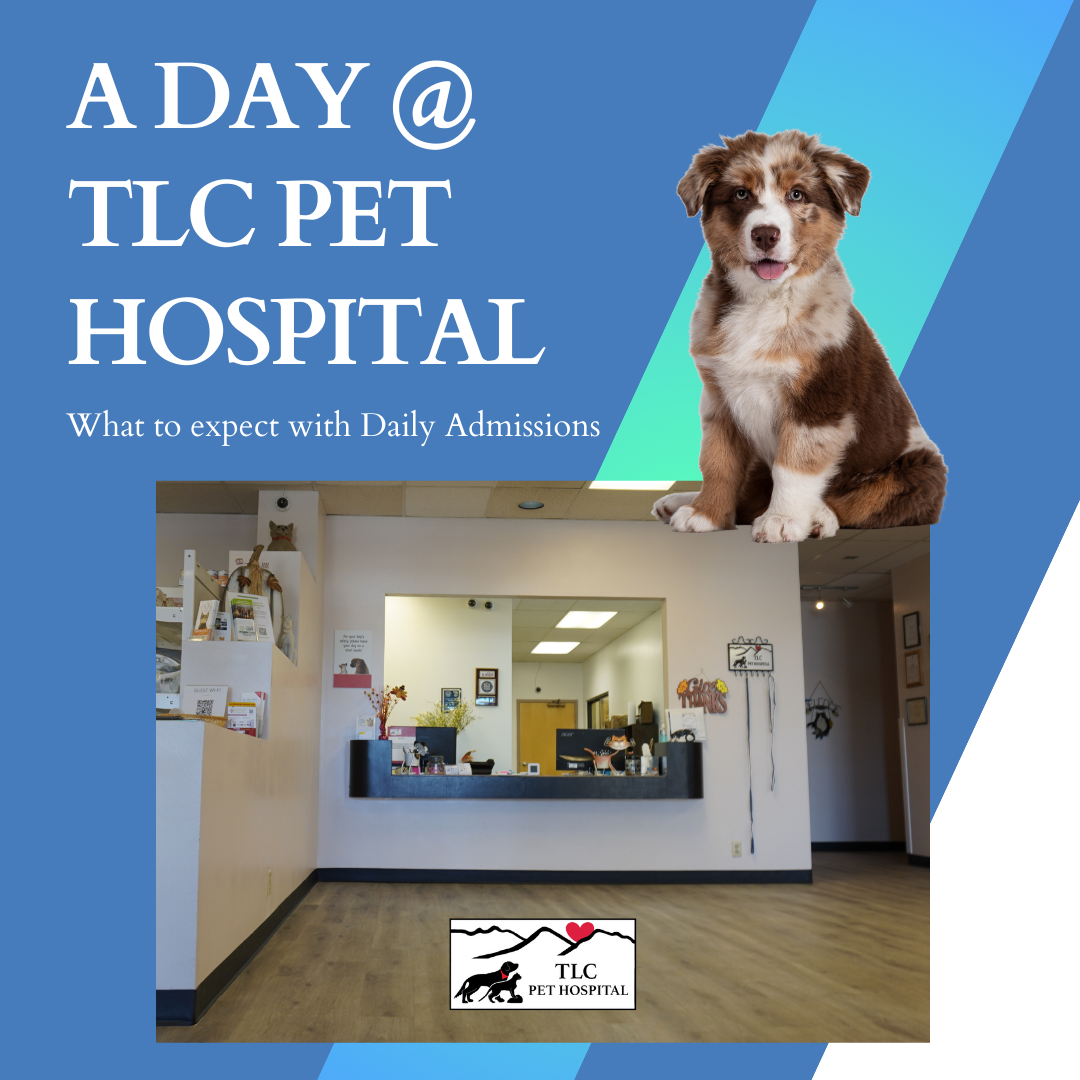How Microchipping Works
January 21, 2013Sandia Pet Products
January 28, 20131. They’ll be your perfect pet-match
Adoptable pets listed by reliable rescue organisations have not only been health-checked, they’ve also been assessed for temperament, basic manners and potty training. That means they should be able to help you find the perfect pet-match for your family and lifestyle.
2. You’re not starting from scratch
When you buy a puppy, you’re essentially bringing an infant into your home – a completely untrained, unsocialised little critter who thinks the crate you bought him is a jail. He thinks the newspaper you put down for him to squat on is a wonderful toy to be shredded. He also thinks your new shoes are much tastier than rawhide, and your best carpet is an excellent substitute for grass when nature calls! Most rescue dogs have been house dogs in the past. They come to you with at least some basic manners and may have also been living with a foster family who have taught them the ropes. And compared to an attention-seeking playful kitten, an adopted older cat is likely to be content being home alone – the ideal fur kid for someone who has an active lifestyle.
3. What you see is what you get
When you buy a baby pet, you can never really be sure what type of adult pet you’re going to end up with. All puppies are cute and playful, but their adult personalities aren’t really visible until they’re about two years old. So, you don’t know whether you’re getting a dog who wants to play ALL the time or a couch potato.
When you adopt a rescue dog, you already know what the dog’s personality is like and whether it fits your idea of the ideal companion. You also know from day one whether there are any problem areas you’ll need to address as the new owners.
The same can be said of cats and kittens. Cat’s mature a little quicker, and by the time they’re one year old their adult personality is plain to see. So, again, you know what you’re getting with an adult cat. A lap cat will always be a lap cat and it’s easy to determine whether they’ll fit comfortably into a multi-cat household.
There is also many different rescues, even breed specific ones!
4. Adult pets are better for families
Older pets are generally better with kids. Puppies and kittens often like to play rough and can harm children by biting, nipping or scratching. An over-excited large breed pup can also knock children over accidentally. But the opposite also applies, children too can get a little over-excited around puppies and kittens, and a pull, prod or accidental knock can cause harm to young animals too.
Adult pets are generally mellow in nature and often more cautious and patient around children.
5. The bond is just as strong
An adult dog that has been abandoned is usually eager to become part of a loving pack and will bond with a new family as soon as they feel safe and secure. In fact, we often find that rescue dogs are eager to please and win-over their new owners. Pups rescued from puppy mills tend to take this to the extreme, following you from room to room just to stay close to you at all times.
Most adult cats like to feel that they belong too. They’ll curl up at the foot of the bed or find a cosy spot that’s close to you. In contrast, a kitten will most likely spend the night running, climbing and attacking anything low enough to jump on, including you.
6. A cost-effective choice
With a rescue pet you’re adopting an animal that’s been health-checked, spayed or neutered, vaccinated and often, wormed and treated for fleas too. When you buy a puppy or kitten, all those medical expenses come out of your pocket, on top of the cost of the pet.
Why do pets end up in rescue?
There are twice as many households with pets as there are households with children. Put that into figures and you have a nationwide population of over 3.5million dogs and 2million cats. And more than 90% of pet owners say they feel very close to their pet. So how come thousands of pets find themselves homeless every year?
The tragic truth is, the overwhelming majority of homeless dogs and cats do have families, but have been lost and unable to be reunited with them. Some rescue pets have been surrendered due to an owner not being able to afford them anymore, have moved to a new place or dumped and rescue kittens are often the offspring of an un-owned cat.
These facts are important to remember when you’re considering adopting a pet. It goes to prove that they are regular pets who just need a second chance in life.
Why aren’t rescue pets free?
This is a question that pops up frequently and it’s easy to see why some people would think that, because they are willing to adopt a homeless dog or cat, there should be no adoption fee.
Well, in a perfect world, it would be perfectly reasonable. But all rescue pets must be examined by a vet, vaccinated, microchipped and spayed or neutered. What’s more, dogs need to be tested for heartworm too. The rescue group pays for all of this out of their own pocket, so in order to make the rescue process sustainable, they need to recoup these costs, at least in part, by charging an adoption fee.
In most instances, the adoption fee you pay covers the basic medical expenses incurred. However, if the pet received any extra medical treatment, it’s likely that your adoption fee won’t cover these additional costs. Rescues are generally a non-profit organization.
OK, I’m convinced. Where do I start?
Adopting a pet is a great joy and a huge responsibility, so it’s not a decision to be taken lightly. There are lots of things you need to consider to make sure you make the right choice for you, your family and your lifestyle. For example:
- If you travel a lot and work long hours away from home, it’s probably not the right time for you to adopt.
- If you have a busy daily schedule, then perhaps an adult cat would be the perfect companion for you.
- If you’re planning a major lifestyle change, such as marriage, moving or a new baby, put your pet adoption plans on hold until things settle down in your life.
- Are you prepared to pay for everything your pet needs for the next 10 to 15 years? Food, pet supplies, grooming, and veterinary bills – it can easily add up to thousands of dollars over the lifetime of the pet.
If you’re still sure that it’s the right time for you to adopt, be sure to check out our other articles offering top tips on how to choose the right pet.
How do I find a good rescue group?
There are plenty of people and organizations out there who claim to offer rescue services. Some do a fantastic job, but how can you tell a good rescue group from a not-so-good rescue group?
The four signs of a good rescue group
1. Attentiveness
They are willing and happy to spend time discussing your requirements, lifestyle and expectations, addressing any of your concerns and answering any questions you have. They should also be open to offering pet advice, should you need it after you adopt.
2. Commitment
They demonstrate a genuine interest in the life-long welfare of their animals. Read your adoption contract and make sure it includes a clause that you can return the pet to them should the adoption not work out.
3. Attention to detail
They have an in-depth adoption screening process. While it can be intimidating to have a stranger ask personal questions, the more open you are with the group, the better equipped they’ll be to match you with the right pet. It’s also a great opportunity for you to screen the rescue group!
4. Responsible
Most importantly, they should be committed to desexing their animals. If the group is willing to give you a pet of breeding age that has not been desexed, that’s a sure sign they are not a reputable organisation. Do not do business with them.
We’ve put together a list of Rescue organizations in New Mexico to help you. The underline rescues are ones we work with frequently.
- Second Chance Animal Rescue of New Mexico
- New Mexico Animal Friends
- New Mexico Dogs Deserve Better
- Watermelon Mountain Ranch
- People’s Anti-Cruelty Association
- ANEW (Animal Network Efforts by Women)
- Save Our Strays
- Rio Grande Animal Humane Association
- Jemez Valley Animal Amigos
- Sunflower Sanctuary
Dogs
- CARMA
- East Side Herding
- Enchantmutts Inc.
- Central New Mexico Brittany Club
- Pick of the Pound
- Bridging the Worlds
- Lap Dog Rescue of NM
Cats
- Albuquerque Cat Action Team
- High Desert Cat Rescue
- Fat Katz
Specific Breeds
- Airedale Terriers
SouthWest Airedale Terrier Rescue - Akitas
NM Akita Rescue Group - Alaskan Malamutes
Alaskan Malamute Rescue of NM - Australian Cattle Dogs
Bro and Tracy - Basset Hounds
Basset Hound Rescue of NM - Beagles
NM Beagle Rescue - Boston Terriers
Boston Terrier Rescue of NM - Boxers
Boxer Rescue of Albuquerque - Chesapeake Bay Retrievers
Chesapeake Bay Retriever Relief & Rescue - Chihuahuas
Quixote Humane Incorporated - Collies
Southwest Collie Rescue - Dachshunds
NM Dachshund Rescue - Dalmatians
Dalmatian Rescue of Albuquerque - Dobermans
Doberman Rescue of NM - Golden Retrievers
Golden Retriever Rescue of NM - Great Danes
Great Dane Rescue of the Southwest
Justice Great Dane Rescue - Greyhounds
Greyhound Companions of NM
NM Greyhound Connection - Keeshonds
NM Keeshond Rescue - Labrador Retrievers
Luvn’ Labs - Pit Bulls
Duke City APBT Club - Poodles
Enchanted Poodle Club - Pugs
NM Pug Rescue - Samoyeds
Samoyed Rescue of NM - Schipperkes
Chile Dog Schipperke Rescue - Schnauzers
Schnauzer Rescue and Adoption - Siberian Huskies
Siberian Husky Rescue of NM - Standard Poodles
Poodles of the Serengeti - Weimaraners
Tickled Pink Weimaraner Rescue
I can’t adopt, but I’m keen to help
If now’s not the right time for you to adopt but you’d really like to get involved in rescue, consider volunteering a little time to groom or spend time with animals, become a foster parent for pets on a temporary basis, or donate much-needed food and other pet supplies.



